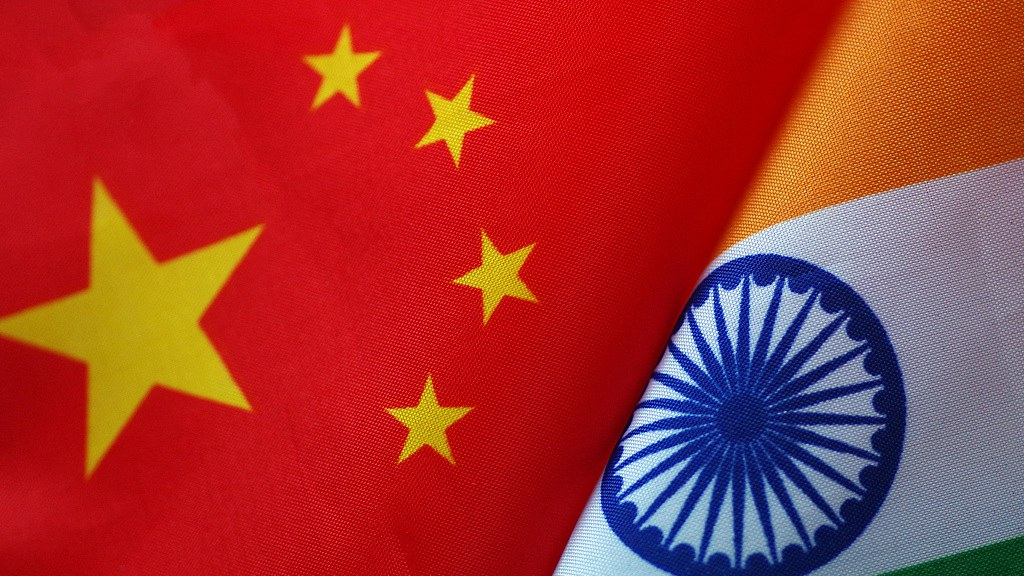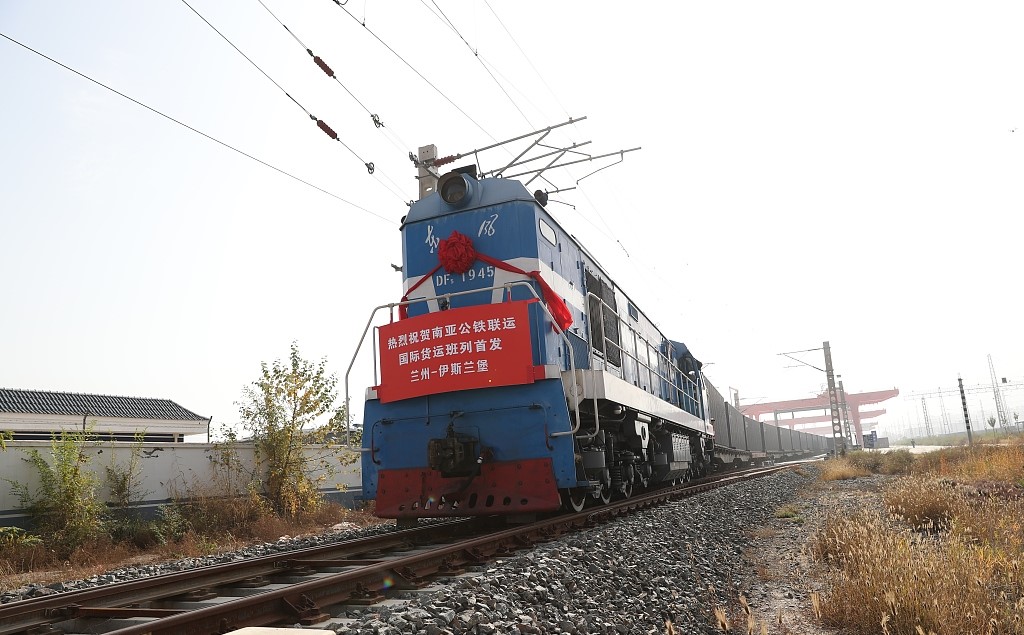
Editor's note: Mustafa Hyder Sayed is executive director of the Pakistan-China Institute. The article reflects the author's opinions and not necessarily the views of CGTN.
The recent border tension between China and India needs to be put into context in regard to the past actions of India in the region as well as the restarting of the "Cold War" by the U.S. against China. On August 5, 2019, when Prime Minister Narendra Modi repealed article 370 of the Indian constitution and illegally annexed Kashmir, it changed a decades-old status-quo of an area which is considered as a disputed territory by the United Nations.
This unilateral action, which was a breach of international law, also affected the core interests of China and Pakistan, both of who have rightful claims on, Ladakh and Kashmir, respectively.
As the U.S. ups the ante and its efforts to contain and confront China, we see a renewed impetus in the relationship between India and the U.S., which the latter seems to be propping as a key buffer state against China in South Asia. On May 20, 2020, the White House published a report titled, "United States Strategic Approach to the Peoples Republic of China (PRC)."
The report mentions that "the United States is working with a concert of mutually aligned visions and approaches" that goes on to mention Japan, India, the Republic of Korea as key allies.
Furthermore, this report refers to the National Security Strategy (NSS) that was unveiled by President Donald Trump in 2017, saying "this report focuses on the implementation of the NSS as it applies most directly to the PRC."
It is noteworthy that the NSS lists the PRC and the Russian Federation as the two primary threats to the interests of the U.S. In its South Asia Strategy, the NSS says that the U.S. will "support India's leadership in the Indian Ocean." Of course, the Indian Ocean does not belong to any one country, in fact, it is a key artery of the 21st Century Maritime Silk Road.
China's messaging for the border incident with India is clear and categorical: India will not be allowed to act on the behest of other countries on the expense of regional countries, that includes but is not limited to China. Currently, India has antagonized four of its seven neighbors.

A train carries cargo from Lanzhou, China, to Islamabad, Pakistan, October 23, 2018. /VCG Photo
A train carries cargo from Lanzhou, China, to Islamabad, Pakistan, October 23, 2018. /VCG Photo
On May 8, when the Indian Defense Minister virtually inaugurated a road that Nepal claims is in its territory, the Nepali Parliament initiated a constitutional amendment that formalized its territorial claims over approximately 400 square kilometers. On February 27 of this year, Pakistan and India came to the brink of war when Pakistan shot down an Indian Airforce jet that came into Pakistan airspace, capturing and taking its pilot as a Prisoner of War.
And now, we have just witnessed Indian aggression against China, to which China responded swiftly and effectively. In an AlJazeera article, "India-China border tension: a new flashpoint in South Asia," Jawaharlal Nehru University Professor, Happymon Jacob is quoted as saying, "I think we are facing very tight situation at this point of time. On the one hand the major power in the region, China, is against India and on the other hand, smaller neighbors, which have been traditionally very friendly to India, are also negatively disposed to India. I think that is the major policy failure."
Whilst India may oppose the Belt and Road Initiative and its key project, the China-Pakistan Economic Corridor, as well as align with U.S. geopolitical interests, it is in its interest to maintain a posture of constructive dialogue and engagement with its neighboring countries. Sowing instability, and acting as a pawn of the U.S., will ultimately further isolate an already divided and defensive India.
It should be known that U.S. policy of containment of China, whether it is via proxies or directly, is not working. The U.S. and its allies must revisit this policy and understand that China is not another Soviet Union, rather the Chinese civilization is over four thousand years old, and it is on the path of finding its rightful place on the global stage.
(If you want to contribute and have specific expertise, please contact us at opinions@cgtn.com.)